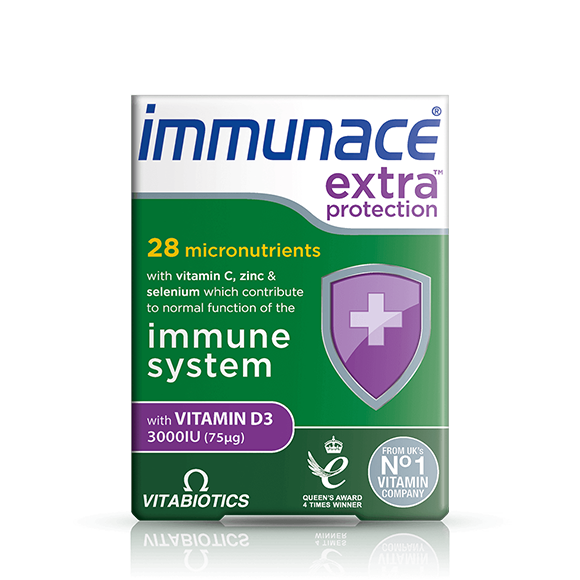Popular Categories
|
Frequently Asked Questions
Vitamin K is a group of fat soluble vitamins that plays a number of roles in the body, including contributing to normal blood clotting (coagulation) and the maintenance of normal bones.
Vitamin K sources vary depending on the type of vitamin K. Vitamin K1 sources include leafy green vegetables, such as kale, spinach and chard. The food highest in vitamin K2 is natto, a traditional Japanese food made from fermented soybeans. Other good sources include aged cheeses, egg yolks and meat such as pork.
Vitamin K benefits include contributing to normal blood clotting and the maintenance of normal bones.
The NHS recommends that adults need approximately 1 microgram per day of vitamin K for each kilogram of their body weight. For example, someone who weighs 65kg would need 65 micrograms a day of vitamin K, while a person who weighs 75kg would need 75 micrograms a day.
Vitamin K refers to a group of fat-soluble vitamins that share similar chemical structures. There are several different types of vitamin K but the two most often found in the human diet are vitamin K1 and vitamin K2.
Vitamin K1 (phylloquinone) is mostly found in plant foods like leafy green vegetables, such as brussels sprouts and kale. Vitamin K2 is found in fermented foods, such as natto, and animal products, including aged cheeses and egg yolks. There are several subtypes of vitamin K2 called menaquinones.






